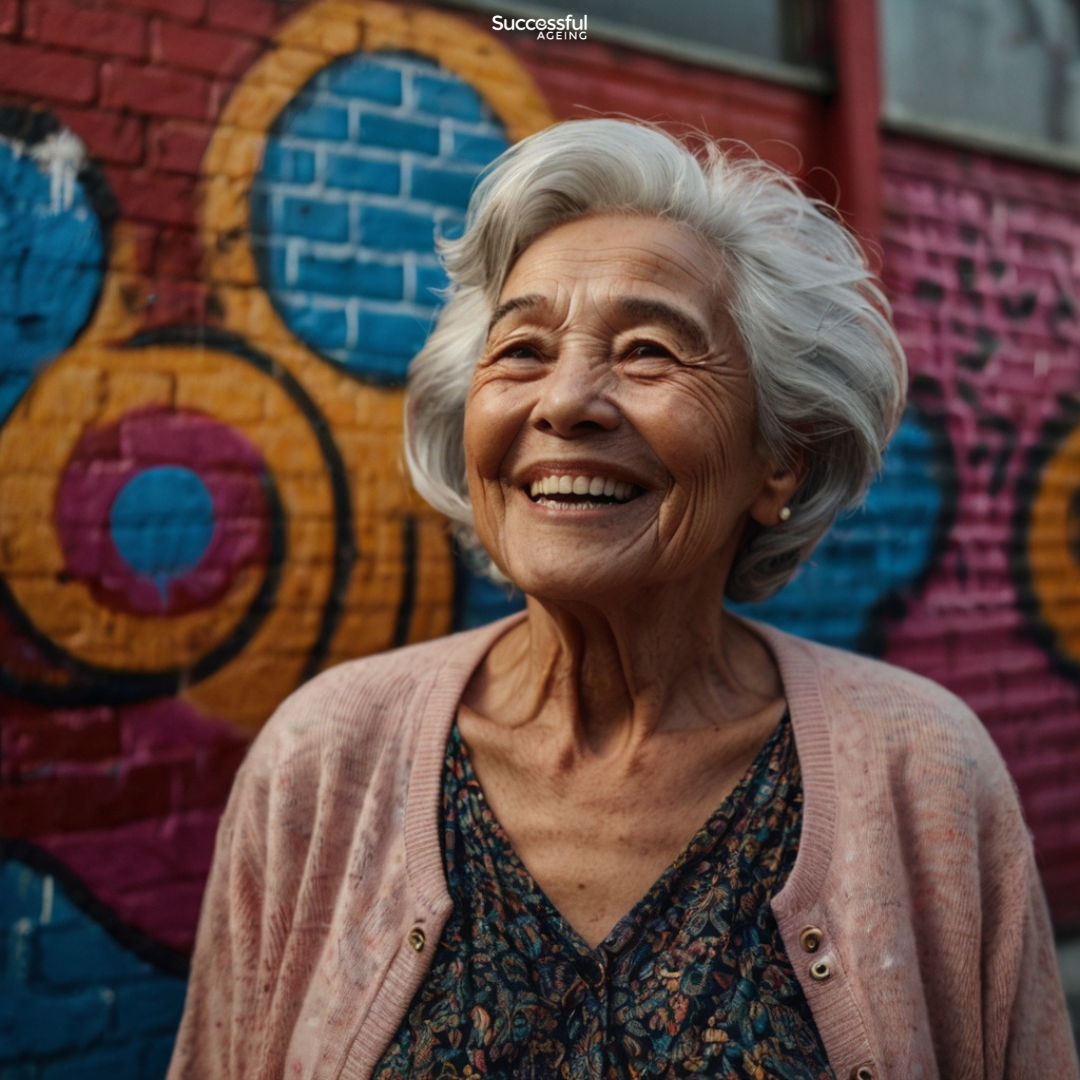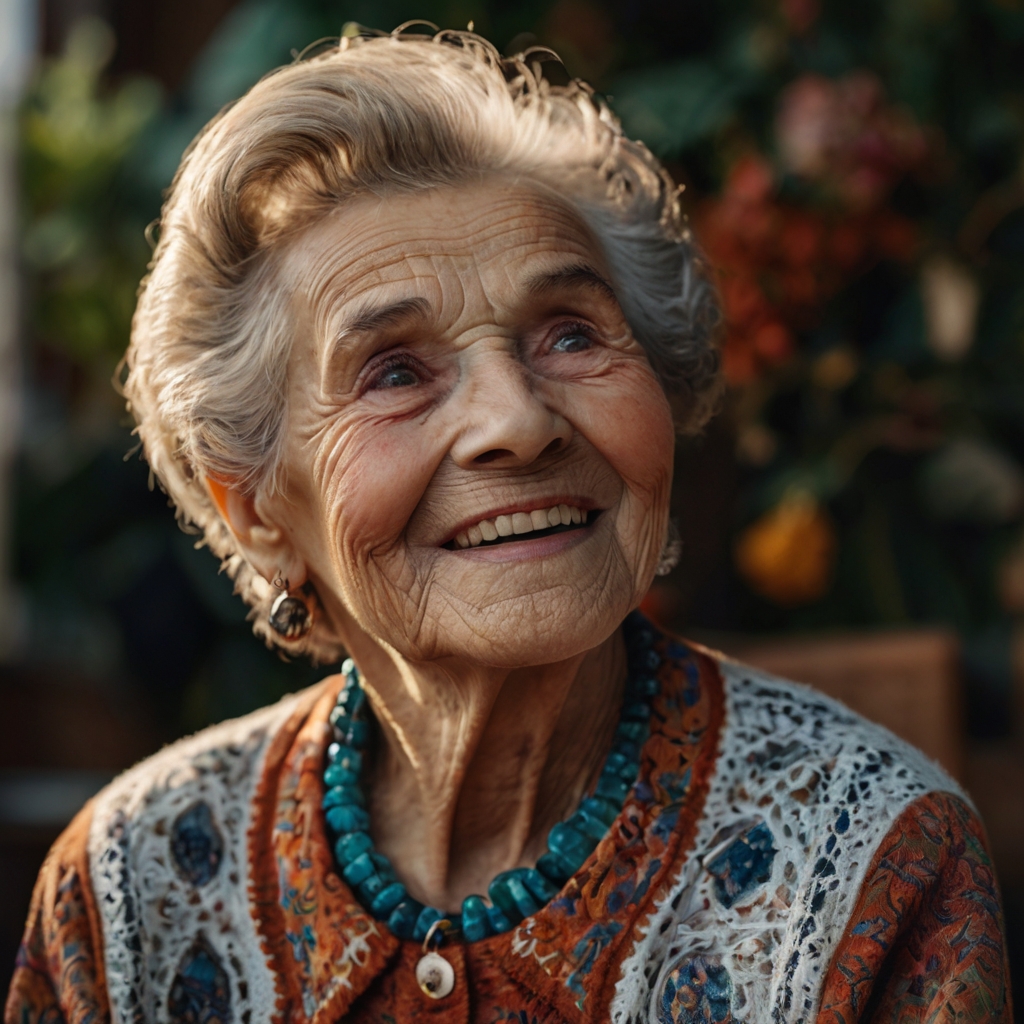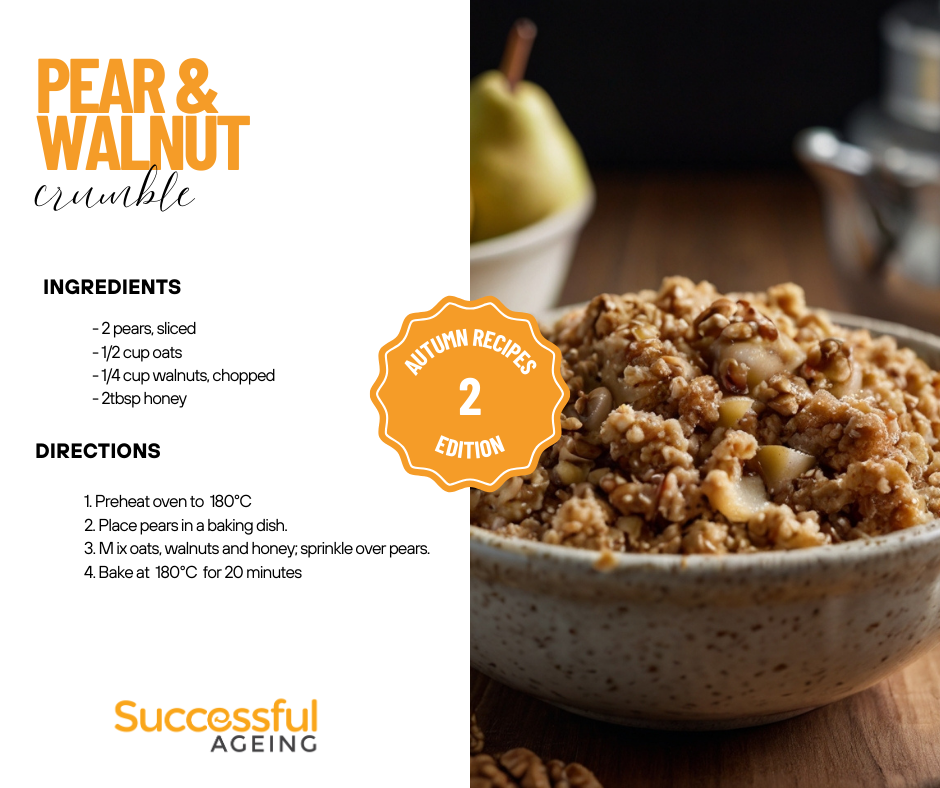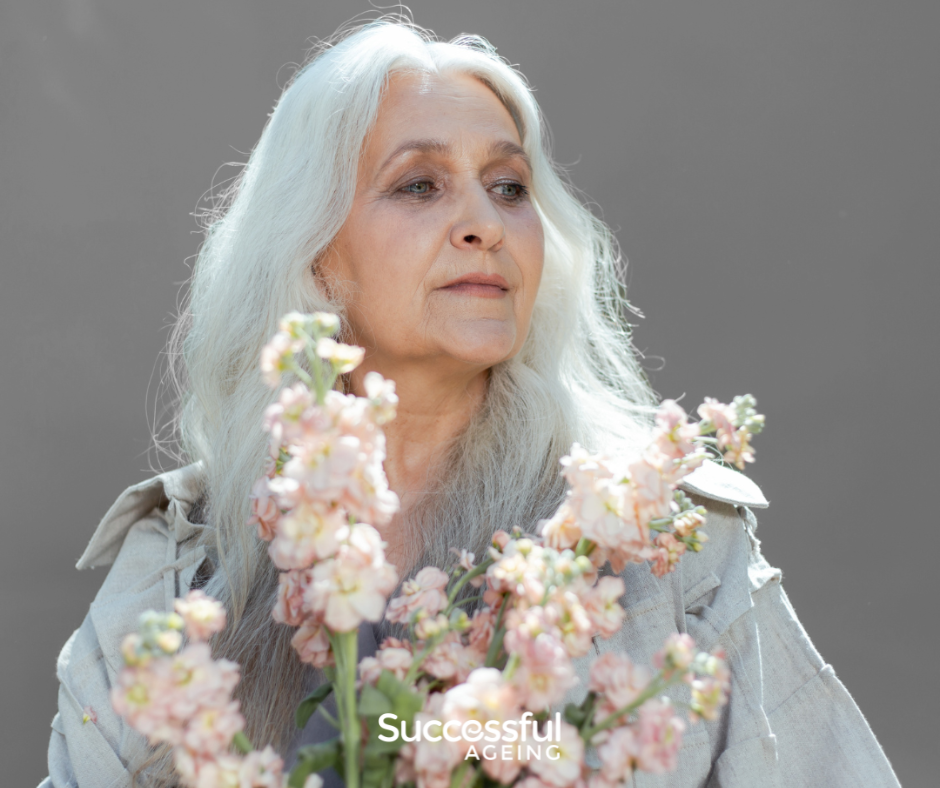Latest News
Latest News

Why We Don’t Use the Phrase ‘Golden Years’ – And What We Say Instead
May 14, 2025
The Myth of the “Golden Years”
If you’ve ever watched daytime TV or flicked through a brochure on retirement living, you’ve probably come across the phrase “Golden Years.” It’s often paired with images of smiling seniors on cruises, holding hands at sunset, or laughing over champagne. While it may look like a marketing dream, for many older Australians, this phrase is out of touch, oversimplified, and at times – completely false.
The term was coined in the 1950s as a euphemism for retirement and ageing. It suggested a life of leisure, free from work and worry. But here’s the problem: for most people, getting older isn’t all golden. It can involve complex challenges – declining health financial limitations, loss of loved ones, or even navigating impersonal care systems. And yet, despite the realities, older people are still expected to wear a smile and “enjoy their golden years.”
At Successful Ageing , we choose not to use this phrase. Not because we think ageing is negative, – but because we think it’s real, it’s complete, and it deserves more than a sugar-coated slogan. Our clients are diverse individuals with rich lives, unique needs, and persona definitions of what a good life looks like.
So, what do we say instead?
Let’s unpack why we’re ditching the cliché and embracing something far more meaningful: ageing on your terms.
1. “Golden Years” Doesn’t Match Reality
We get it. “Golden Years” sounds nice. Who wouldn’t want life to become magically easier with age?
But here’s the truth: older Australians often face serious challenges. May live with chronic illness, disability, mobility issues, or mental health struggles like grief or depression. Others are managing reduced income, downsizing their homes, or facing isolation after losing a partner or friends.
The exception that older people should be carefree and cheerful is not only unrealistic-it can be damaging. It invalidates the genuine difficulties many face, and creates pressure to stay “positive” even when life is throwing curveballs.
One client of ours summed it up perfectly:
“They keep telling me this is meant to be my ‘golden years’-but I’m still doing my own dishes, taking them tablets a day, and worried about my power bill.”
That doesn’t mean like can’t be rich and fulfilling in later years-but let’s not pretend it’s always an easy road paved in gold.
2. It’s One-Size-Fits-All, and That Doesn’t Work
We’ve supported clients who still work part-time in their 70s and others who’ve been in palliative care at 60. Some people in the 80s have more energy than their adult children, and others prefer a quiet, private life. Ageing looks different for everyone.
“Golden Years” paints all older people with the same brush-as if they all want to travel, play gold, or drink chardonnay by the beach. That’s not just outdated-it’s lazy.
We believe successful ageing isn’t about reaching a fantasy retirement. It’s about living in a way that’s meaningful to you, whatever that looks like.
Want to volunteer at your local community garden? Great. Want to stay in your own home and enjoy your daily crossword in peace? Also great. Want to wear leopard print and go salsa dancing at 85? Absolutely.
There’s no one right way to age-and pretending there is does a disservice to everyone.
3. “Golden Years” Ignores the strength and Wisdom of Older Adults
One of the biggest problems with the phrase “Golden Years” is that it infantilises older people. It treats them as delicate, helpless, or permanently “retired” from real life, But our clients are some of the strongest, funniest, most determined people we know.
They’ve survived wars, raised families, built careers, lived through loss, reinvented themselves, and continued learning and growing, They are not sitting in the corner waiting to fade into the background.
Many are outspoken, passionate advocates – challenging stereotypes, starting new hobbies, mentoring others and speaking their minds. And they don’t want to be boxed into a stereotype of what ageing “should” look like.
As one client told us: “I’ve made it to 93. Don’t tell me what I should be doing 0 I’ll tell you what I’m doing.”
Respecting older people means speaking to them like the capable, experienced adults they are – not like cartoons in a retirement village commercial.
4. What We Say Instead
So if we don’ use “Golden Years,” what do we say?
We talk about Successful Ageing – and we define success based on your goals, values and preferences. That might mean:
- Staying independent at home as long as possible
- Having support for the things you no longer want to do
- Building strong relationships with family, friends, or caregivers/support workers
- Exploring creativity, purpose, and joy – whatever that means to you
- Having control over your own schedule, health and environment
We use phrases like:
- “Living life on your terms”
- “Ageing with strength, humour and choice”
- “Ditching the rules about what ageing is ‘supposed’ to look like”
- “Owning your story, your space and your needs”
Language matters, The way we talk about ageing influences how people experience it, By removing unrealistic or patronising labels, we give people space to define they own experience.
5. Why This Language Matters
When we keep using “Golden Years,” we send subtle messages:
- That ageing is only valuable if it looks picture-perfect
- That older people must be cheerful and grateful, no matter what
- That receiving support is shameful or a failure
- That your best years are behind you
But by changing the language, we start shifting those beliefs. We start to say:
- Ageing isn not a decline – it’s a continuation
- Needing help doesn’t;t mean you’ve failed – it means you’re human
- There is no expiry date on joy, warning or relevance
- You can be complex, contradictory, strong, vulnerable, funny, tired and fabulous – sometimes all in the same day
As Successful Ageing, we believe older adults are the authors of their own stories. Out role is to support, empower, and cheer you on – not to wrap your life in shiny unrealistic words the don’t reflect the truth.
6. What You Can Do
Language isn’t just something companies use – it’s something all of us participate in, Here’s how you can help reshape the narrative around ageing:
1. Be honest about your experience
You don’t have to pretend life is perfect. Share your story, the highs and the lows.
2. Correct ageist language when your hear it.
Gently challenge the phrases that box older people in. Ask: “What do we really mean by that?”
3. Choose your own words
Don’t feel pressured to fit Ito a stereotype. If “Golden Years” doesn’t work for you, don’t use it.
4. Support services that treat you as a person, not a phase
Choose care providers who listen, who adapt, and who empower – rather than patronise.
Gold Is Overrated – You’re Priceless
the “Golden Years” might sound sparkly, but it’s just marketing, Life doesn’t;t need to be golden to be good – it just needs to be yours.
At Successful Ageing, we’ll never tell you how to live, what you should want, or what your life should look like. We’ll simply ask:
What does a good ay look like for you?
And then, we’ll do everything we can to help make it happen.
You’re not a stereotype. You’re not a slogan.
You’re a whole person with a full like 0 and you deserve care, respect and language that honours all of it.
Forget the “Golden Years.”
This is your time. And you get to define it!





